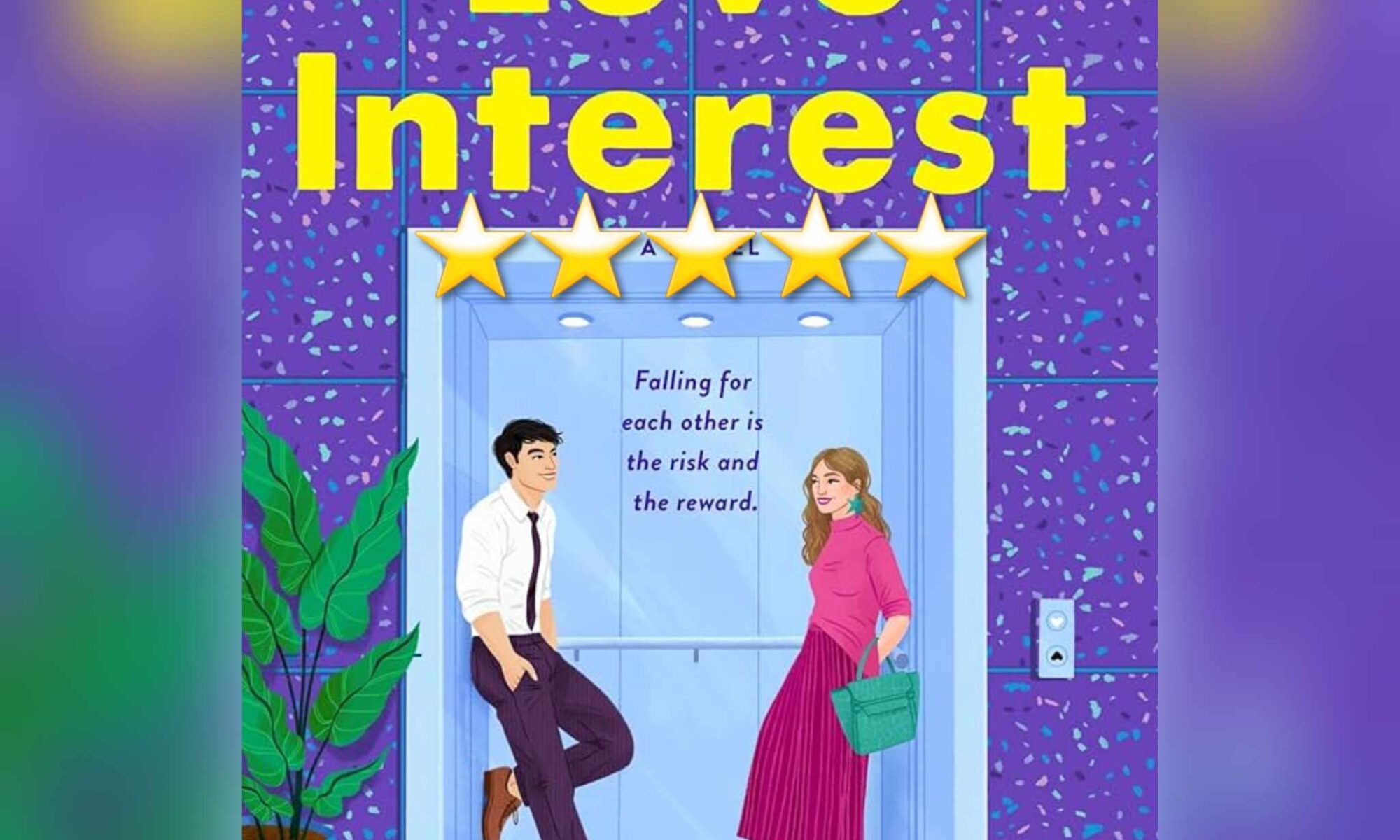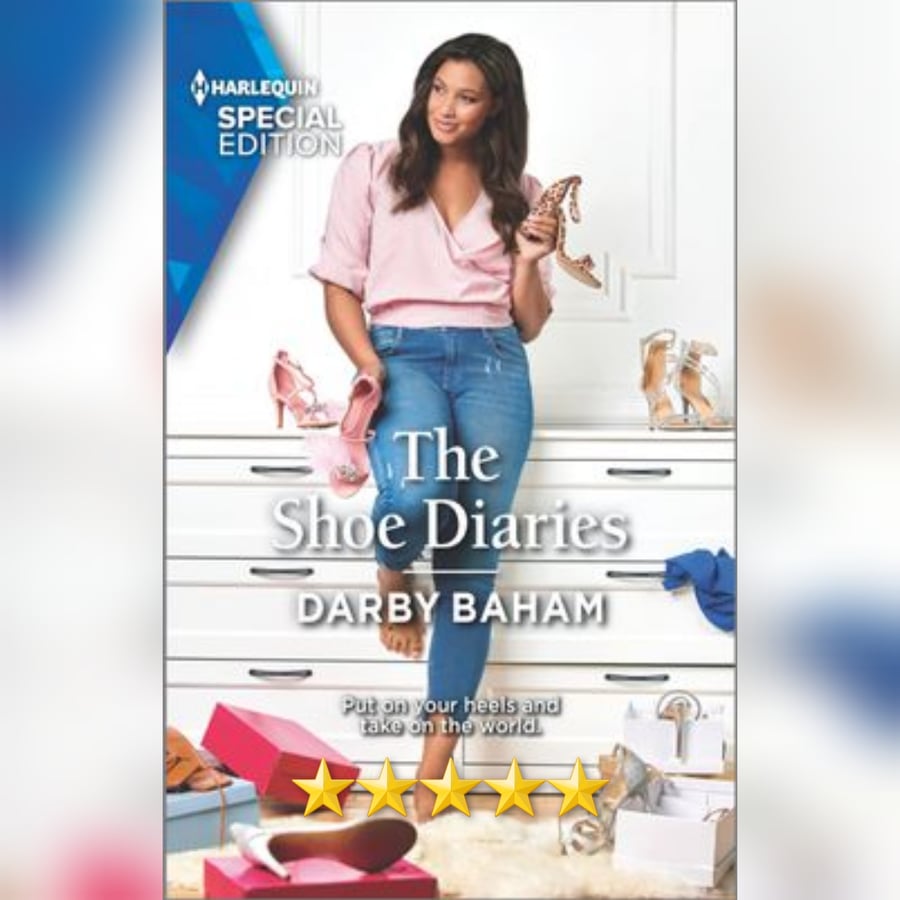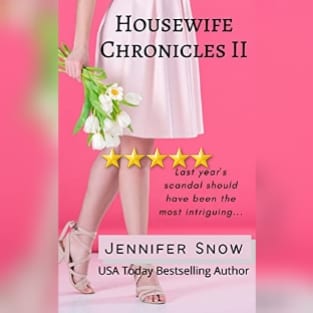Last month, I wrote about a troubling trend I’ve been made aware of recently among Advance Reader Copy (ARC) readers. Continuing discussions around ARCs, mostly with fellow ARC readers this time, has revealed another troubling topic.
Specifically, the question has come up in multiple discussions on different walls and groups regarding what to do with ARC copies once you are done with them and in particular whether it is acceptable to share them.
The very first time an author gave me a book – I don’t even remember if it was an actual ARC or not – was several years ago now. I had been reading this author for several years already and had interacted online with them for at least a few of them, and had been absolutely devouring a particular series. But I was unexpectedly let go from my job – just a couple of weeks before the new book in the series came out. This author was kind enough to send me a copy of the book at their own expense, even the shipping. But they specifically told me that I was to never give the book to anyone else.
Thus, my first “ARC” came with explicit instructions.
Over the years, I would become more active with more ARC work for more authors, and at least for me it was always understood implicitly that these ARCs were never to be shared without explicit permission from the person who gave them to me. It honestly got to the level that I just assumed everyone understood this, particularly anyone who accepts ARCs.
But these recent discussions have revealed that many people do not know, either from not being told, not thinking about it, or actively avoiding finding out. Some think that it is acceptable to give the books to just a single other person. Others think it is acceptable to donate the ARC to a library, be it public or church. Still others go so far as to think it is ok to actively sell these ARCs to used bookstores.
Dear reader, let me be explicitly clear: To my understanding of the implicit contract of accepting an ARC, you have exactly two duties:
- Leave an honest review in open book review forums. Consult the person who gives you the ARC for specifics, but generally at least Amazon and/ or Goodreads.
- Keep the ARC to yourself. Do not ever pass it to anyone else without explicit authorization from the publishing agent (author and/ or publisher).
To violate either of these two basic rules is, to put it bluntly, theft.
I dealt with the first case in the post last month.
In the case of the second rule, you are stealing from them via denying them the sale that would occur if whoever you give the book to were forced to instead buy it from the author. That is a bit more concrete case of theft than the first – no longer are we talking theoretical sales, now we have discrete persons to point to. *That* person would have been a sale had you not given the book away without permission.
But Jeff, what about second hand sales? Don’t I have a right to sell any book I have? NO! In at least some countries (including the US, where I am based), you do in fact have a right to sell any book *that you purchase* to anyone you so choose, via yard sale, giving it to a library, selling it to a used bookstore, or anywhere else. To my knowledge, the legislative acts that permit this – and there are pros and cons to even this system – do NOT cover ARCs. But I could potentially be wrong on that point, in which case I hope a lawyer familiar with literary legal issues will chime in at some point. HOWEVER, even if it is “legal” under the legislative acts, that does NOT make it ethically correct, and in that sense “theft” is a correct term regardless of specific legislative acts.
But now let us turn to what can be done about this phenomenon?
For one, I think we can have these conversations where we illuminate what is happening and why it is wrong.
For two, I think authors can be explicit when giving ARCs, even if just the first time. Such as this statement that was on the signup form for an ARC group I applied for just this morning:
ARC Non Disclosure Agreement: By clicking ‘YES’ to request an Advanced Review Copy of any book by [Author] you are acknowledging that the ARC is copyrighted material protected by [Author’s country] and International copyright laws. Furthermore, by accepting an Advanced Review Copy of any book by [Author], you agree that you will not distribute, copy or share your advanced copy to or with any person or entity without prior written consent from [Author]. If it is discovered that you have violated this agreement, [Author] reserves all legal rights available to [Author pronoun], including pursuing a lawsuit for breach of contract which may claim damages including, but not limited to, lost profits caused by the violating distribution.
And maybe we can re-iterate these points from time to time in ARC oriented groups, just as many corporations have ongoing training for employees just to remind them of things they already know.
These issues have been shocking to me to discover – maybe I’m just too much of a goody two shoes at times. But by working together, we, the people of the written word, can work to put an end to them.
And no matter what, always remember:
Never give away an ARC without explicit permission to do so from the publishing agent.




